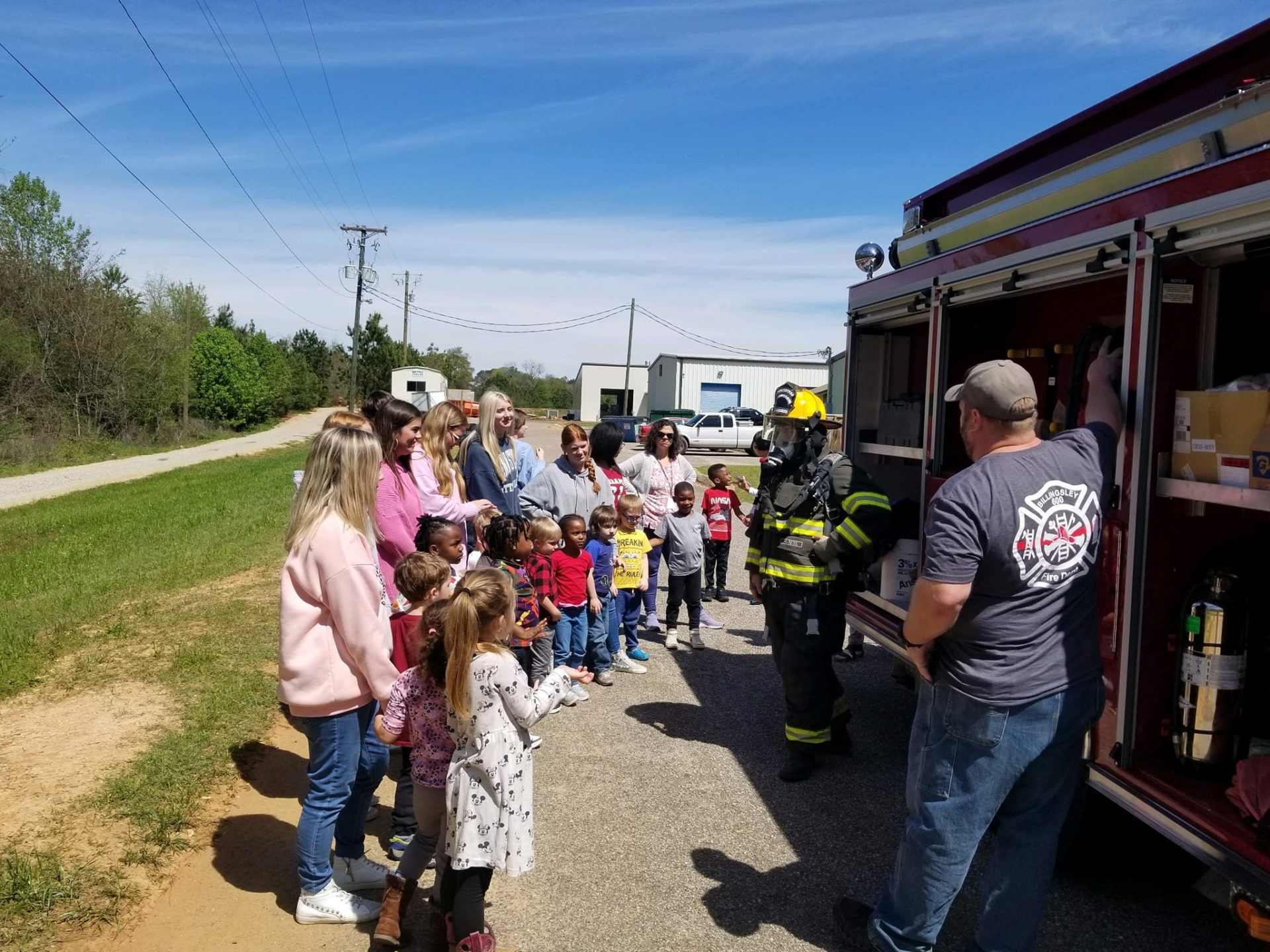Collaboration among volunteer fire departments plays a crucial role in strengthening partnerships and enhancing emergency response capabilities. By working together, sharing resources, and communicating effectively, these departments can better serve their communities and handle various challenges effectively. In this blog post, we will discuss the importance of collaboration in volunteer fire departments and how it leads to stronger partnerships and improved outcomes in times of crisis.
The Foundations of Effective Partnerships
Communication Strategies
While collaboration is vital for the success of a volunteer fire department, effective communication is the key to making these partnerships thrive. Clear and open lines of communication help ensure that all parties involved are on the same page, working towards common goals, and addressing any challenges that may arise in a timely manner.
Building Trust Among Volunteer Firefighters
One of the foundational elements of a strong partnership within a volunteer fire department is trust. Trust among firefighters creates a cohesive team that can rely on each other during emergencies. Building trust involves fostering a positive and supportive environment where members feel respected, valued, and confident in each other’s abilities.
Effective communication strategies, coupled with a focus on building trust among volunteer firefighters, serve as the groundwork for developing and maintaining successful partnerships within a volunteer fire department. By prioritizing these foundational elements, departments can foster a culture of collaboration, teamwork, and mutual respect, ultimately leading to greater effectiveness in serving their communities.
Organizational Benefits of Collaboration
Enhanced Resource Sharing
For volunteer fire departments, collaboration with other departments can lead to enhanced resource sharing. By pooling together equipment, facilities, and expertise, departments can access a wider range of resources than they could on their own. This sharing of resources can help in responding to emergencies more effectively and efficiently.
Improved Response Times and Efficiency
With collaboration, volunteer fire departments can improve their response times and overall efficiency. By working together, departments can coordinate their efforts, streamline communication, and avoid duplication of tasks. This can result in quicker response times to emergencies and more effective utilization of resources.
Collaboration can also lead to the standardization of procedures and protocols across departments, reducing confusion during joint operations and ensuring a seamless response to emergencies. By sharing best practices and learning from each other, departments can continuously improve their processes and better serve their communities.
Community Impact and Support
Engaging the Community in Volunteer Efforts
For volunteer fire departments, engaging the community in their efforts is paramount to ensuring their success. By involving citizens in various activities such as fundraising events, emergency drills, or public education campaigns, volunteer departments can build strong relationships with the residents they serve. This not only fosters a sense of belonging and ownership within the community but also showcases the importance of volunteer firefighters in safeguarding their neighborhoods.
The Role of Public-Private Partnerships
The collaboration between volunteer fire departments and private organizations plays a crucial role in enhancing their operational capabilities and overall effectiveness. Public-private partnerships can provide necessary resources such as equipment, training, or financial support to volunteer departments, enabling them to better serve their communities. By working together, both parties can leverage their strengths and expertise to address emergency situations more efficiently and comprehensively.
With the increasing demands placed on volunteer fire departments, establishing and nurturing partnerships with businesses, corporations, and other private entities is important. These collaborations not only benefit the departments by providing access to resources they may not have otherwise but also demonstrate a shared commitment to keeping the community safe and secure.
Challenges and Solutions
Addressing Common Obstacles in Collaboration
Not every partnership within volunteer fire departments is without its challenges. Common obstacles such as communication breakdowns, conflicting schedules, and differing organizational priorities can hinder the successful collaboration between departments. To ensure effective partnerships, it is imperative to address these obstacles head-on with clear communication strategies and a commitment to finding common ground.
Best Practices for Sustaining Partnerships
Obstacles may arise in sustaining partnerships within volunteer fire departments, but there are proven best practices to overcome them. Building trust through transparency, establishing clear roles and responsibilities, and fostering a culture of inclusivity are key to maintaining strong collaboration. By continuously evaluating and adapting these best practices, fire departments can ensure the longevity and success of their partnerships.
The key to sustaining successful partnerships within volunteer fire departments lies in understanding the challenges that may arise and implementing proactive solutions to address them. By consistently integrating best practices and fostering a collaborative spirit, fire departments can strengthen their partnerships and effectively serve their communities.
Final Words
Conclusively, collaboration plays a vital role in strengthening partnerships within volunteer fire departments. By working together, departments can pool resources, share knowledge, and support each other in times of need. Through effective communication and cooperation, volunteer fire departments can improve response times, increase overall effectiveness, and enhance the safety of their communities. By fostering strong relationships and partnerships, these departments can continue to serve their communities with dedication and excellence.


